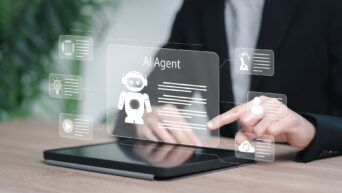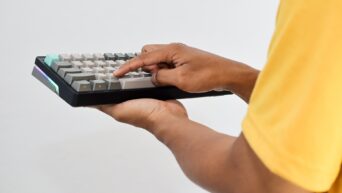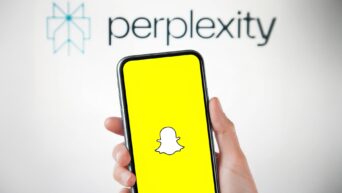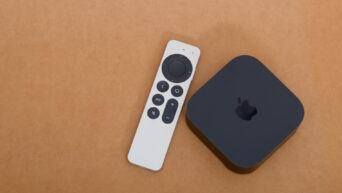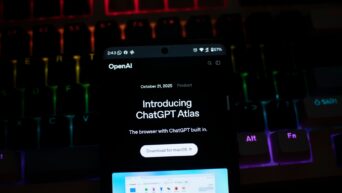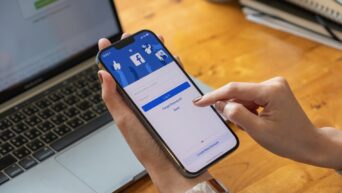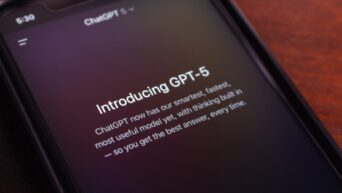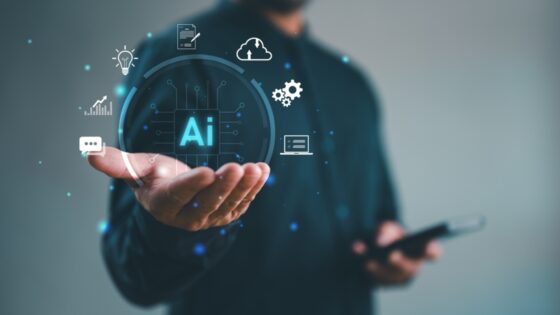
Credit: Unsplash
MIT’s new program can identify the signals of a COVID-induced cough.
In the age of a pandemic, a persistent cough can be a very worrying thing, even when, in reality, you just have a gunky throat you’re trying to clear out. Our bodies tend to send us a variety of signals at once, but we’re not cognizant enough of them to actually parse them all. Barring incredible training, the human ear simply can’t tell the difference between a gunky hack and a viral cough. Once again, the laser-precision of computers comes to our rescue.
MIT has developed a new artificial intelligence program designed to listen to the sound of coughing and scan for signals of COVID-19. While most coughs are indistinguishable from each other, coronavirus attacks the lungs in a particular way that can subtly change the way you clear your throat. Utilizing an array of detailed neural networks, the AI scans for changes in the sound of your cough.
For example, one neural network checks your respiratory performance, or how hard you’re breathing. Another scans for signs of neurological decline, or a worsened mood as a result of declining health. Yet another monitors for signs of muscular degradation, coughs that gradually become weaker as it becomes harder for you to breathe. By running all of these scans at the same time, the AI can pinpoint the difference between a traditional cough and a COVID-induced cough.
Think you're asymptomatic? Cough into a phone, and this AI can listen to your voice to detect if you have Covid-19.
Scientists hope to turn the app into an FDA-approved prescreening tool.
Paper: https://t.co/vbqsAixOzX
More: https://t.co/kFCntSjq63
(v/@MITMechE) pic.twitter.com/LzZtYbGD80
— MIT CSAIL (@MIT_CSAIL) October 29, 2020
The AI is still in early testing phases, but so far, results are promising. Over the course of training the program using over 10,000 samples of people coughing, the AI was successfully able to pinpoint the COVID-afflicted coughs 98.5% of the time, even if the sample subjects were otherwise asymptomatic. It is definitely possible for other conditions and illnesses to cause similar factors, so the AI is not an absolute indicator of sickness. What it could be used for, however, is a pre-screening app that could let you know the likelihood of infection. In fact, that’s exactly what the researchers are developing. If they can get a commercially viable version going, it’d be a great source of peace of mind for those unsure about the state of their health.










